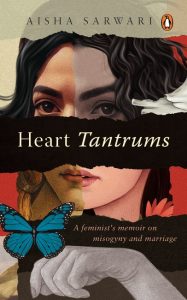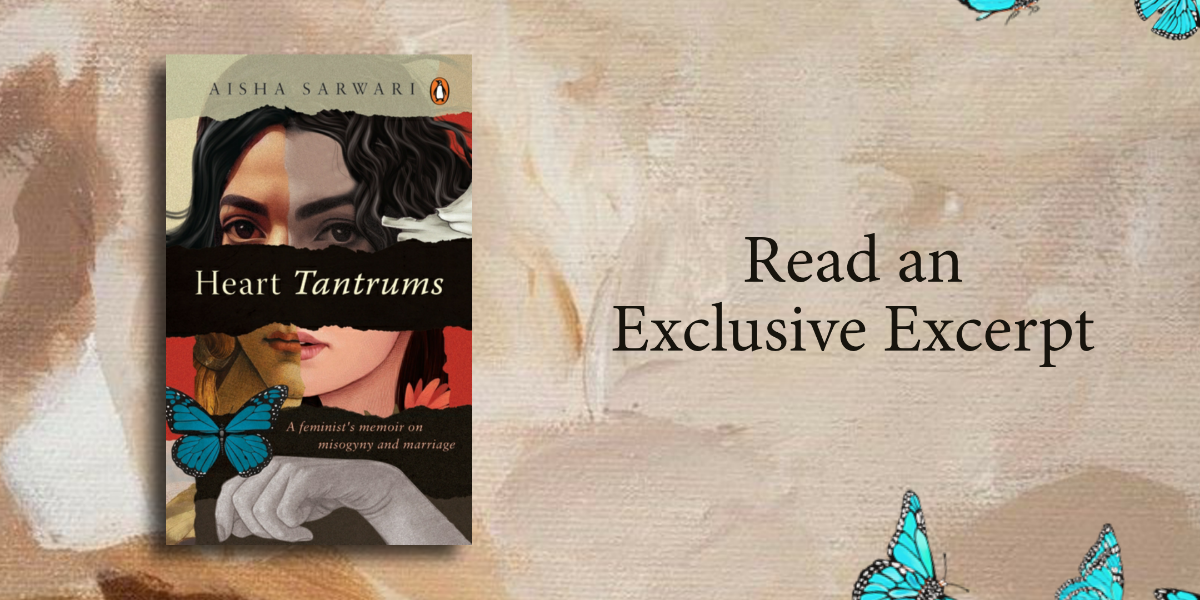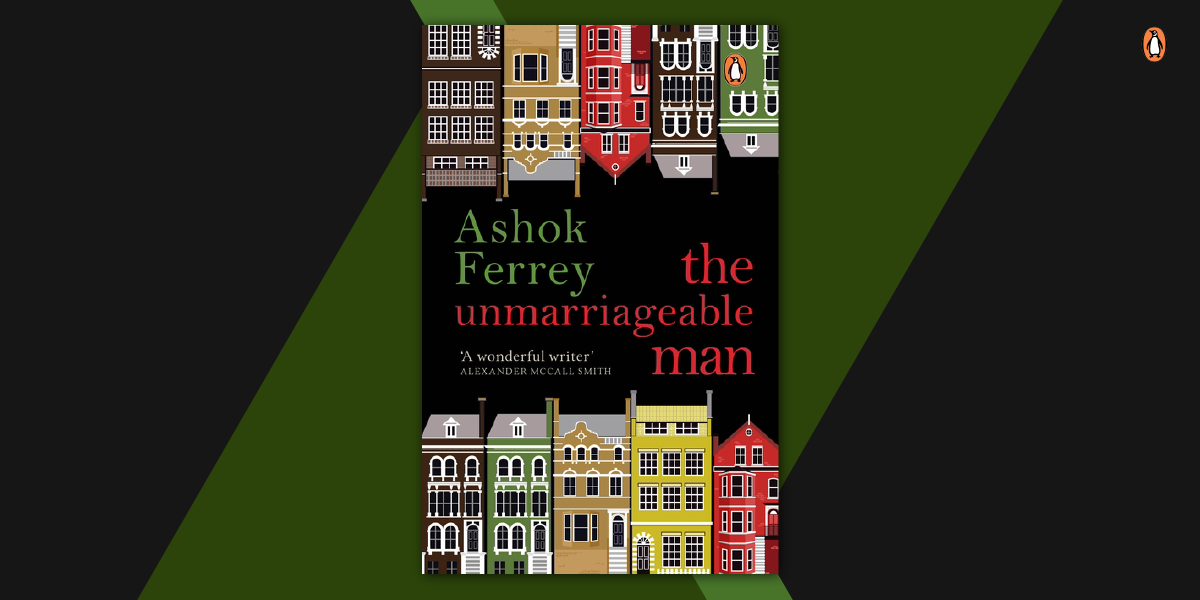Come along on a deeply personal journey as we delve into the pages of Aisha Sarwari‘s Heart Tantrums. In this touching story, explore the complexities of forgiveness and love all in the shadow of a cancer diagnosis. Aisha’s words will prompt you to reflect on the profound depths of our own relationships and the strength of the human spirit.
Don’t miss this emotional excerpt – scroll to read and be moved by the power of love and forgiveness.

***
Is it possible to forgive someone who has cancer? To permit yourself anger against a brain tumour cancer patient in the first place.
It is ghastly the way ugly and messy parts of life happened to us when we should have still been in the rainbows-and-butterflies phase of our youth.
Then again, why should we be exempt from the games nature and fate play by interchanging wrath and gifts?
It was a winter’s day and we were on our way home from a dinner at a journalist friend’s place where an ex-PM and three former ministers were also present. We had been sitting around the fire, talking about how messed up their political party is.
It was almost midnight and the moon was missing. This was Yasser’s chemo week and his anti-seizure meds were three hours late. I noticed he started behaving oddly. On our car window, the flower sellers’ roses and jasmine bracelets were wilted. They were imploring us to buy the last of their stock for the night, in exchange for a prayer, of course. They said, May your marriage last a million years. We didn’t buy anything from them, but they stood there pressing their faces against our car window, beseechingly.
Distracted, I stopped the car a bit too close to the one ahead of me at the traffic light.
Yasser looked like he was trying to not say something. Then he said it: ‘There should be a distance of one car between us and the car ahead of ours,’ said Yasser, looking apprehensive and also half-ready for my mood. I hate that he still doesn’t trust me behind the wheel. Just the other day, we had had another fight about teaching Zoe to drive an old car rather than a new car. He obviously wanted her to learn in an older car and I felt she should have an automatic gear car with power steering.
‘I’ve been driving for twenty-five years, I think I’m okay,’ I rolled my eyes.
‘But look, it’s dangerously close to that car’s bumper,’ Yasser replied.
‘That’s because neither car is moving,’ I countered. ‘Can you please just drive carefully?’
‘Is the car all you care about?’ I snapped, my heart already heavy with dread and anger.
‘The car is at risk this way,’ he said.
‘The car is at risk. You are such an amazing husband, to the car!’ I half-accused, half-vindicated.
‘You can do whatever you want to the car when I’m gone,’ he said flatly.
‘Can you not?’ I pleaded. (Pause)
I wanted to kick myself for always fighting about the car.
Things got real very fast. I wanted to retract my anger.
The lights turned green and I drove on, slower than usual, a wide berth between our vehicle and the car ahead.
‘You have to be prepared, Aishi,’ he said quietly.
I wanted to say so much, but instead I held his hand. There was cold sweat on it. Yasser has cold sweat on his hands when he’s unwell or when he has an emotional seizure.
His hand got colder and he refused to open it for mine.
‘Can you please drive with both hands, thank you?’ he said finally.
I felt a cocktail of anger and fear shooting up inside me again—almost grief. Yet I held my peace.
He moved his hand away from mine—clammy fingers peeling away from my soft, warm ones, trying to convey a meaning.
My hand lay unreciprocated on his lap, like a damp squib—a letter in a bottle smashed against the cliffs. I put my hand where it belonged, gripping the steering wheel with both hands.
‘I forgive you, Yasser, and I hope you forgive me too. I really thought love would be enough,’ I said to the road ahead of me.
***
Get your copy of Heart Tantrums by Aisha Sarwari wherever books are sold.









